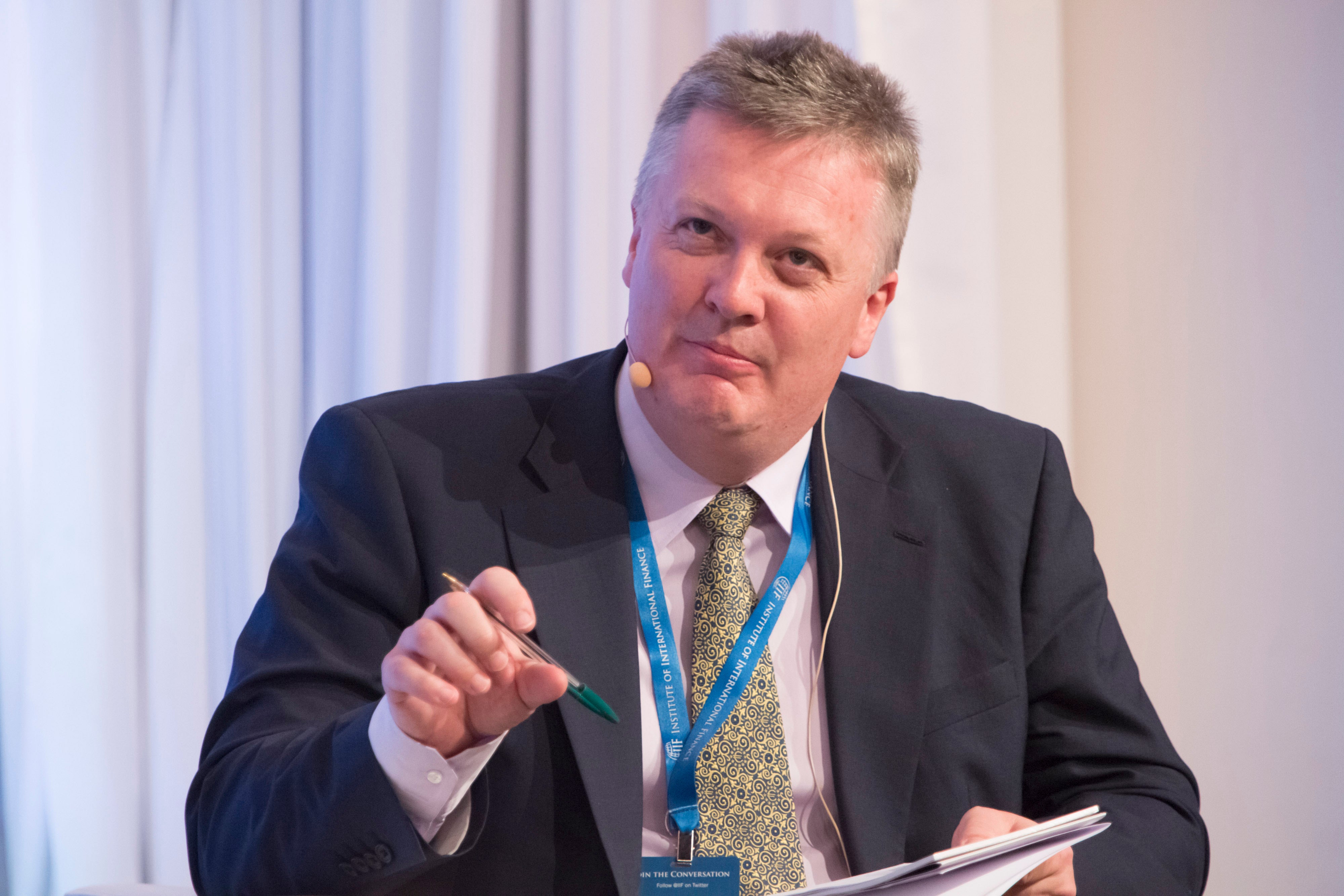UK economy still set to contract this quarter as February sees zero growth
But it could have been much worse, says Bank of England’s chief economist

Britain’s economy is still expected to contract by 0.1 per cent in the first quarter of this year amid strikes and inflation, the Bank of England’s chief economist has said after new figures revealed zero growth in February.
Huw Pill said the flatlining economy is “somewhat disappointing”, but still an improvement on earlier forecasts of a deep and prolonged recession.
“Activity in the UK remains subdued, as the level of GDP was flat over the month in February,” he said. “Bank staff continue to expect GDP to decline by 0.1 per cent in the first quarter of 2023, as had been projected in the February Monetary Policy Report.”
But he added: “Last summer we were forecasting a pretty deep and certainly a very prolonged recession in the UK. Relative to that, the flatlining of the economy that we are seeing, in terms of the evolution of GDP, is a quite significant improvement.” The change comes as a result of a “significant fall in gas prices”, he said.
Deputy Labour leader Angela Rayner described the lack of UK economic growth as “devastating”.
“Energy bills are going up, mortgages are going up, and the government has failed to help families which has a knock-on effect on the economy and growth because people haven’t got money to spend, and then that will affect growth in this country,” she said.
Strike action, including by teachers and civil servants, acted as one of the biggest drags on GDP in February as thousands of workers walked out.
Analysts had expected GDP to grow by 0.1 per cent in February, month-on-month, according to a consensus forecast supplied by Pantheon Macroeconomics. Instead, ONS data shows it was almost zero – recording a rise of just 0.02 per cent.
It came as lenders recorded a rise in households defaulting on loans over the past three months. The Bank of England's regular Credit Conditions Survey found that default rates are expected to “increase further” over the coming months.
However, there is still strong performance in the travel and tourism industry amid high demand and rising prices. Airline Delta reported record summer bookings, while new research found money spent on flights and holidays rose in the first three months of 2023 compared to the previous year despite the cost of living crisis. Spend data from over 24 million UK bank accounts showed a 27 per cent jump year-on-year on package holiday bookings, while for airlines the number of transactions rose by 36 per cent, according to analysis by digital advertising platform Cardlytics.
Overall, the FTSE 100 gained ground on Thursday to close at its highest level for a month.
Tesco helped guide the index higher after the supermarket’s shareholders positively received news that revenues and profits were set to finish at the top end of guidance. London’s top index moved 0.24 per cent, or 18.54 points, higher to finish at 7,843.38.


Join our commenting forum
Join thought-provoking conversations, follow other Independent readers and see their replies
Comments